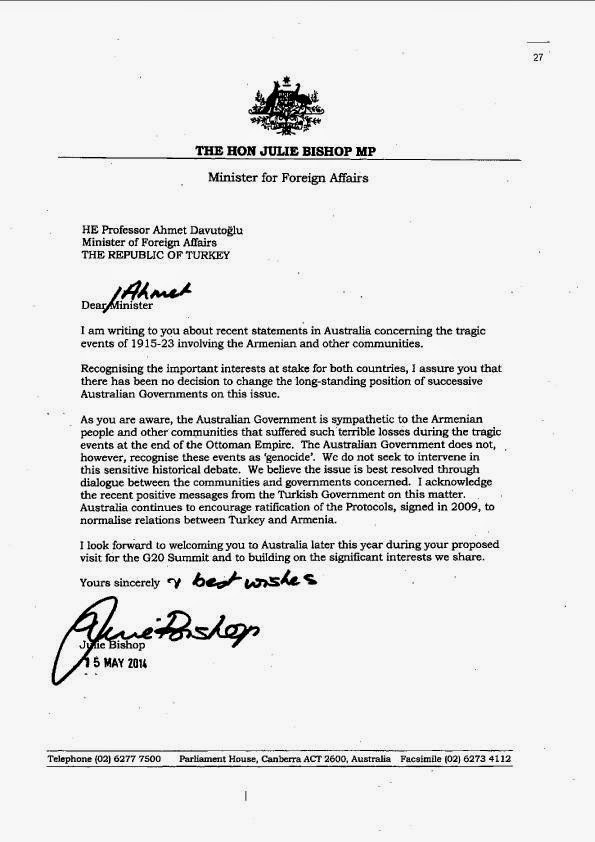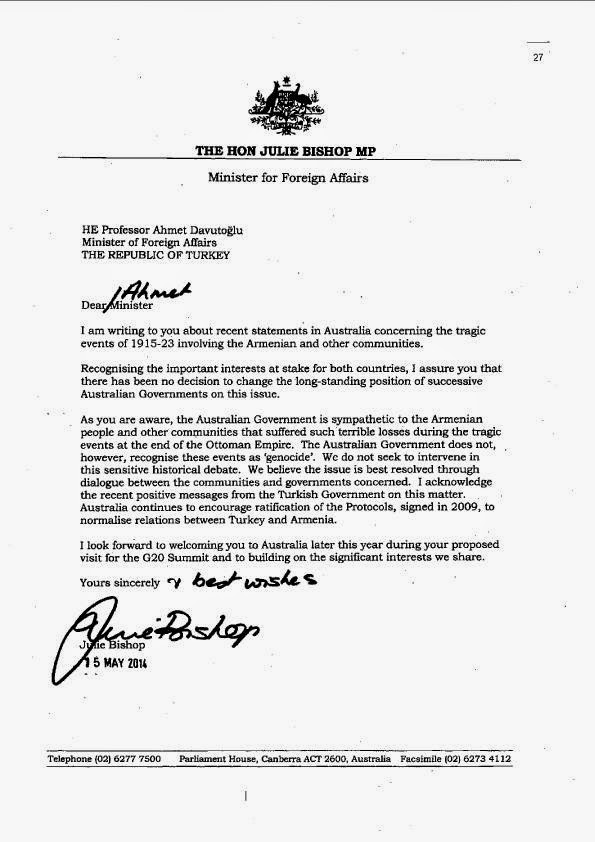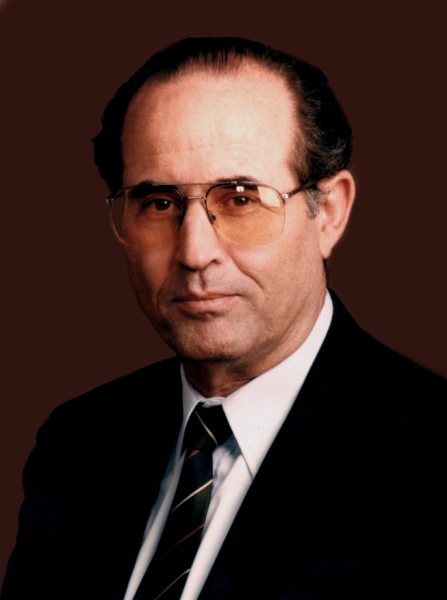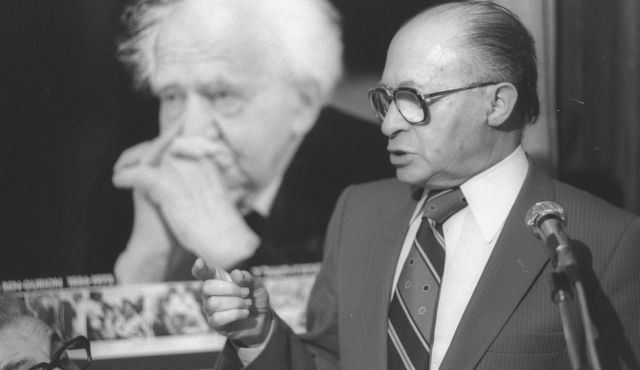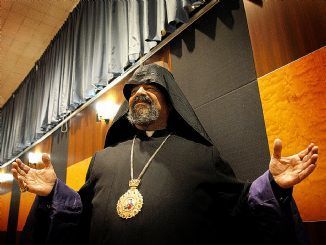Prof. Dr. Mesut Hakkı CAŞIN İstinye Üniversitesi
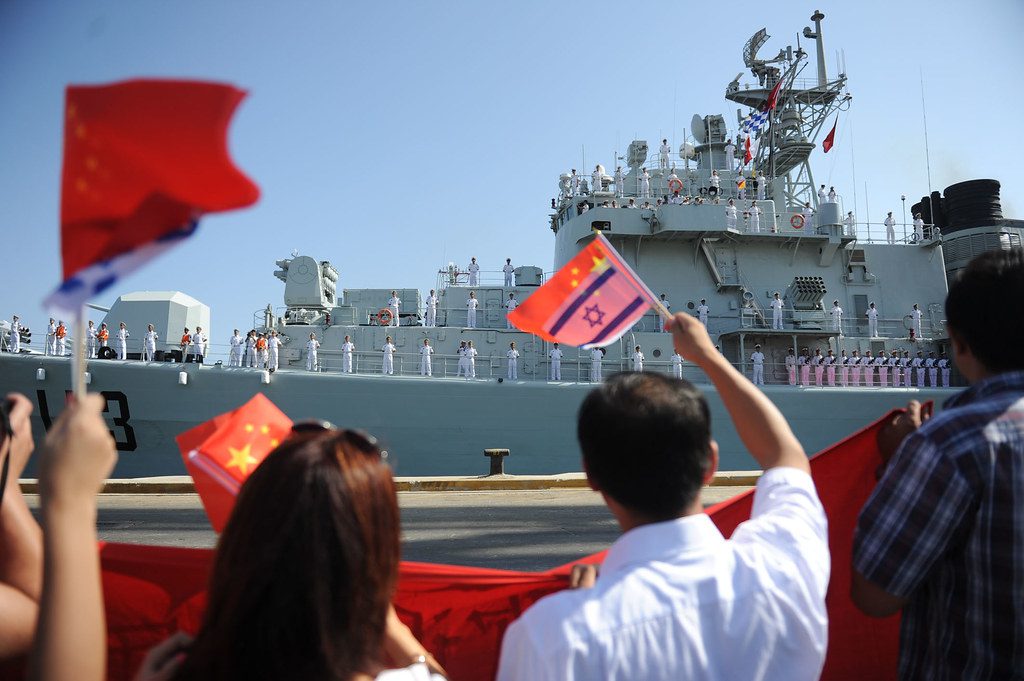
China is at once a continental power and a maritime power (haiyang daguo) and it possesses broad maritime strategic interests…These achievements have laid a solid foundation for building a strong maritime power (haiyang qiangguo).
Xi Jinping
International community and scholar’s discussion now the post-Cold War world as we know it is coming to an end that great power politics is back, consequently the role of naval forces national navies will continue to grow. Indeed, the XXI st century will be the rise of China’s dramatic economic growth over the past two decades has fundamentally changed the global and regional geo-economic and geo-political landscapes its wider implications for international politics form the most important issue in our time. The main goal of Xi’s signature initiative- Belt and Road Initiative- BRI, with current estimates ranging between $1 to $8 trillion and some 70 countries involved -is to expand Chinese global political and economic networks and to secure a more active position in “global governance” without waiting for the West to give China more roles and responsibilities in existing institutions. In spite of historical Chinese foreign policy objectives mainly focused on land territories; new strategic doctrine of the Chinese is organized around the will to make the Pacific Sea and to expand its immediate maritime interests. Beijing has been serious changing policy objectives recently toward solidifying a sphere of influence in the Asia-Pacific. China also has expanded its maritime reach as it modernizes its navy and air force. China’s ongoing maritime transformation from a traditional land power to a sea power. As Andrew Erickson argues, “China’s naval build-up is only part of an extraordinary maritime transformation-modern history’s sole example of a land power becoming a hybrid land-sea power and sustaining such an exceptional status. Underwriting this transition are a vast network of ports, shipping lines and financial systems, and-of course-increasingly advanced ships.” At the beginning of 2017, the Chinese Navy had 328 ships. It now possesses nearly 350 ships and is already larger than the U.S. Navy. China is the largest ship-producing country in the world and at current production rates could soon operate 400 ships. Its commissions nearly three submarines each year, and in two years will have more than 70 in its fleet. The Chinese Navy also operates growing numbers of cruisers, destroyers, frigates, and corvettes, all equipped with long-range anti-ship cruise missiles. Between 2013 and 2016, China commissioned more than 30 modern corvettes. At current rates, China could have 430 surface ships and 100 submarines within the next 15 years. China’s leaders are laying both the intellectual and material groundwork for out-of-area ventures. As a result,
Chinese Communist Party (CCP) chiefs aim to guaranteed passage about access from the time a ship leaves harbor China sea and the Pacific in East Asia until the time it docks in an Indian Ocean, Persian Gulf, or European seaport. Unfortunately for Chinese leaders and national-level documents characterize the goal of becoming a maritime power as essential to China’s national development strategy. China making a quick move to secure a military or strategic advantage in the Pacific region. The international community has been viewing China’s recent moves challenge the status quo relating to the seas as representing “maritime expansion,” and the Chinese themselves have come to talk about making their country a maritime power. The 18th Party Congress thus marks an important defining moment. China’s future is to be a haiyang qiangguo-that is, a strong or great maritime power. However, China has also been cooperating with neighbors to establish codes of conduct to reduce conflict in the maritime arena.
The Chinese navy justifies itself to its neighbors, necessarily worried, by the necessity of escorting the commercial vessels essential to the economy of the country; but it is known that the priority of the new strategies. Beijing considers the majority of the South China Sea to be its sovereign territory, a claim that is disputed by international law. China’s military have been turning what were once small rocks and reefs into heavily fortified remote military installations. These installations give China a strategic advantage. The installation on the Spratly Islands, for example, has the capacity to deploy fighter aircraft that could control key shipping lanes. The commander of US forces in the Indo-Pacific, Admiral Philip Davidson, said during his confirmation hearing that China is capable of dominating the South China Sea in “all scenarios short of war.” This academic article aim to briefly analysis that will transition China’s passivity naval modernization policy into maritime power.




